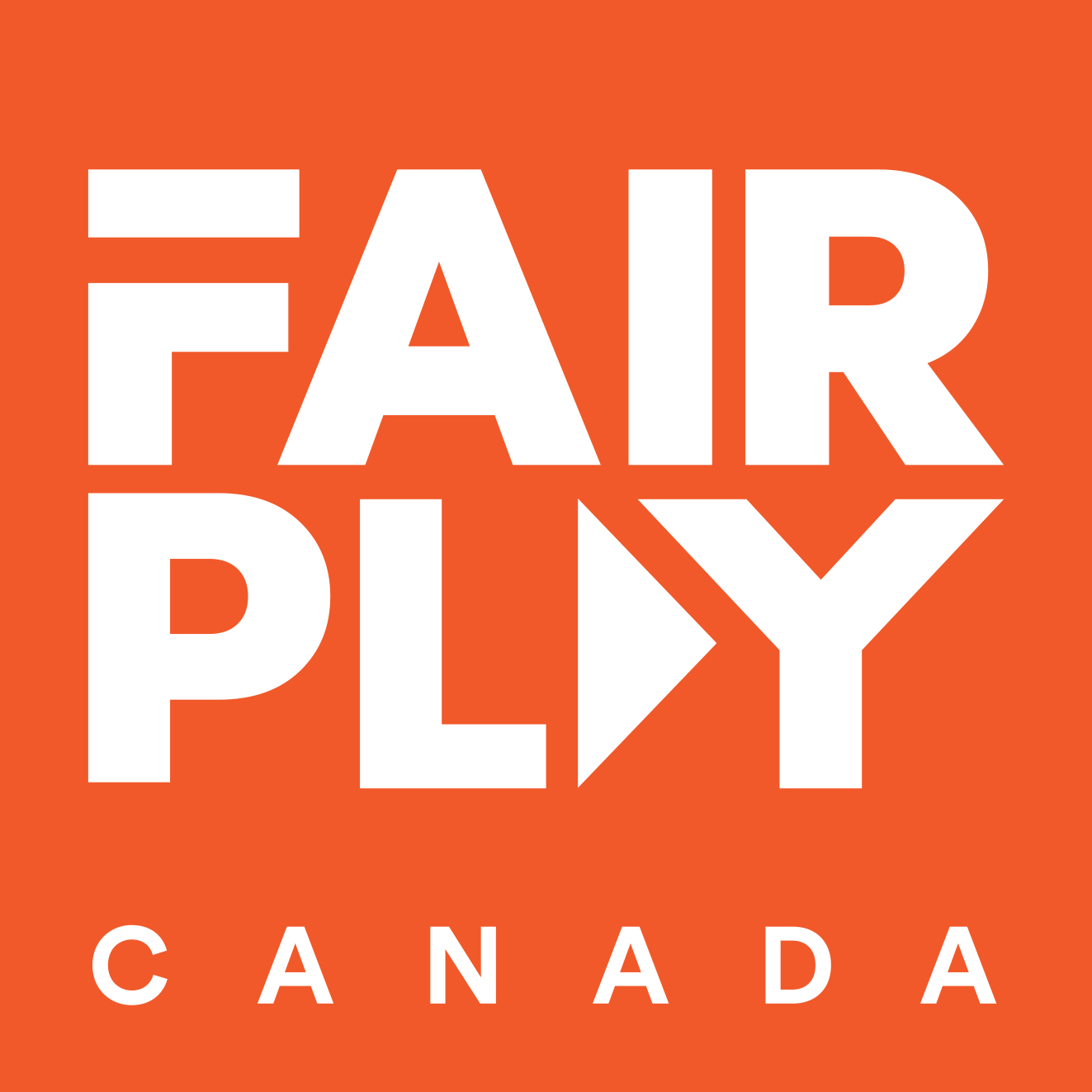
Fair Play Canada Logo, https://www.fairplaycanada.com/
What is the IPRA?
The Internet Piracy Review Agency (IPRA) is a proposed non-profit corporation by a coalition of companies including Bell Canada, Rogers, Cineplex, CBC, Corus, Toronto International Film Festival, and Cinémas Guzzo (collectively known as Fair Play Canada) to maintain a list of websites that have hosted or distributed pirated material and force all Internet Service Providers (ISPs) in Canada to block access to those websites.
Is this Good or Bad?
Critics of the proposal for the creation of the IPRA claim that any sort of gatekeeping on the equal access to the internet is considered breaking net neutrality. Jan Krämer, Lukas Wiewiorra, and Christof Weinhardt define net neutrality in their 2013 text Net neutrality: A progress report, published in the journal Telecommunications Policy. They say “Net neutrality prohibits Internet service providers from speeding up, slowing down or blocking Internet traffic based on its source, ownership or destination (Krämer, Wiewiorra, & Weinhardt, 2013, p.796). Find out more about Net Neutrality in our post: The End of the Neutral Net?
Who Decides What is Considered Piracy in Canada?
A danger that lies inherent in allowing an independent third party to dictate what is and is not considered piracy is dangerous, as it devalues the avenues of recourse available in the judicial system. Consider our discussion on the exception of copyright protection in Canada for the purposes of Fair Dealing, as covered in Part 2 of this series. Originally, claims of fair dealing are handled by the court system with the final decision resting on a judge that is impartial to the interests of both parties. Instead, the IPRA is proposing that the deciding power of what is and what is not copyright infringement should instead be transferred to the CRTC. In a statement on Fair Play Canada’s website comparing the “Myths and Facts” of the IPRA, Fair Play Canada stated that:
“The CRTC is a quasi-judicial administrative tribunal that enforces prohibitions on sending commercial messages and making unwanted telephone calls, and dictates rules regarding what can and cannot be broadcast on TV, all with the same or less court oversight than the proposed regime”.
Instead of respecting the authority of law, it seems that Fair Play Canada is asserting their position of judicial legitimacy by claiming that since the CRTC is able to currently dictate what content can and cannot be shown or heard on TV or radio (vulgarity, gore, pornography etc.), that they should be able to extend those privileges to dictate what Canadians can and cannot see on the internet. The last line of their statement is the most worrisome, as it indicates that they already have little court oversight for their control of television and radio, and that they expect the Government of Canada to continue a passive, lenient and laissez-faire position on the actions that the CRTC does to the government’s citizens.
What Do You Think?
What is your reaction to the attempt of a private company to set up an institution that governs what is considered copyright infringement? Let us know by commenting to this article below. In your opinion, does it make a difference whether a private or public entity has power to say what is and is not copyright infringement and block access to certain websites?
Disclaimer: The views and opinions expressed in this article are those of the author and do not constitute legal or financial advice.
Be sure to catch up on the first and second parts of this series:
“What is the Definition of Piracy?” and “Canadian Copyright Law: Fair Use and Fair Dealing in Canadian Law”
Articles You May Be Interested In / Sources
- Jan Krämer, Lukas Wiewiorra, Christof Weinhardt,
Net neutrality: A progress report
(http://www.sciencedirect.com/science/article/pii/S0308596112001450) - http://www.canadalandshow.com/bell-pushing-end-to-net-neutrality-in-canada/
- https://www.fairplaycanada.com/myth-vs-fact/
- https://www.newswire.ca/news-releases/new-creative-coalition-urges-crtc-action-against-online-theft-671663834.html
- https://revisesociology.com/2016/09/21/foucault-surveillance-crime-control/
- https://www.copyrightlaws.com/8-facts-about-canadian-copyright-law/
- https://thevarsity.ca/2018/01/15/if-the-internet-isnt-free-neither-are-we/
- http://business.financialpost.com/telecom/coalition-asks-crtc-to-block-websites-with-pirated-content-in-bid-to-fight-illegal-streaming
- https://mobilesyrup.com/2017/12/04/coalition-petition-crtc-creation-anti-piracy-organization/

